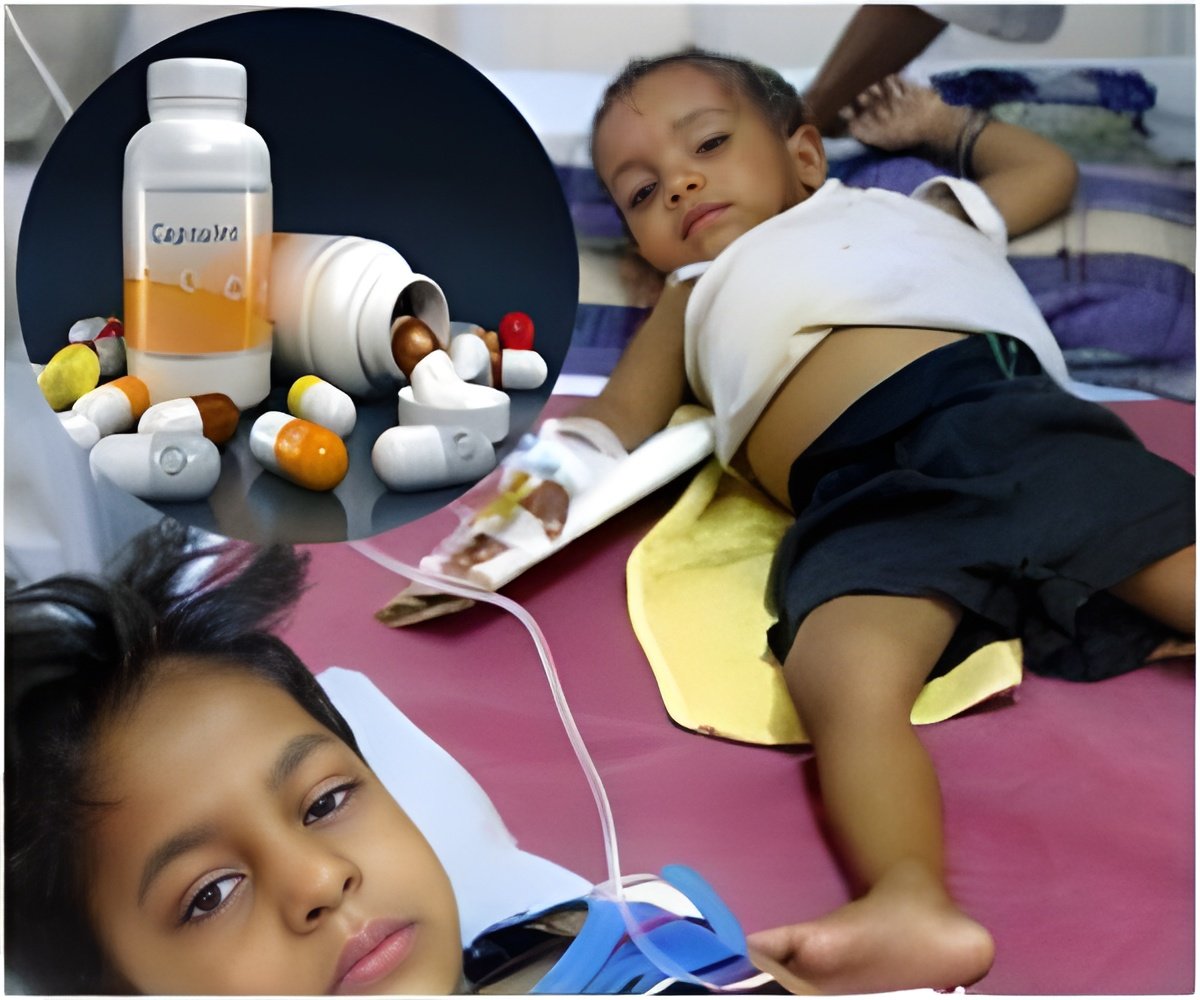Antibiotics given as part of severe malnutrition for children according to the WHO guidelines, to boost recovery, shows no better results.

‘The World Health Organization should reconsider its 1999 guidelines, especially given mounting concerns about the overuse of antibiotics.’





"Our results from Niger were surprising, as they challenge the current WHO recommendations and a recent well-conducted trial from Malawi," said lead author Sheila Isanaka, Assistant professor of nutrition at Harvard University. "It's an exciting step forward though, as we hope that this new evidence will motivate a deeper review of current recommendations and the evidence on which they are based."
The study in Niger involved nearly 2,400 children, aged six months to five years, who were suffering severe acute malnutrition. The children were randomly assigned to receive amoxicillin as part of their treatment, or a placebo.
Researchers defined recovery as regaining appetite and displaying a weight-for-height score that met a previously established WHO scale by the end of eight weeks, as part of a program to give the children better nutrition and medical care.
Overall, 64 percent of the children in the study recovered. There was no statistically significant difference between the two groups: among the children who received amoxicillin, 66 percent recovered, while 63 percent recovered in the placebo group.
Advertisement
"This finding challenges the view that routine antibiotic therapy is always necessary or beneficial," said the study, published in the New England Journal of Medicine.
Advertisement
Severe acute malnutrition affects about 34 million children under age five worldwide.
The WHO's recommendations that all such children be given antibiotics to reduce the risk of death came in 1999, when there were as many as five times fewer children affected globally compared to today, and before concerns about antibiotic overuse were widespread, the study authors said.
A previous randomized trial in Malawi found that amoxicillin significantly reduced the risk of treatment failure (by 24 percent) and death (by 36 percent), when compared to a placebo.
However, that study did not assess children with HIV separately from children without the virus and "it was not possible to confirm a benefit among children without HIV infection," said the New England Journal of Medicine report.
Source-Medindia












